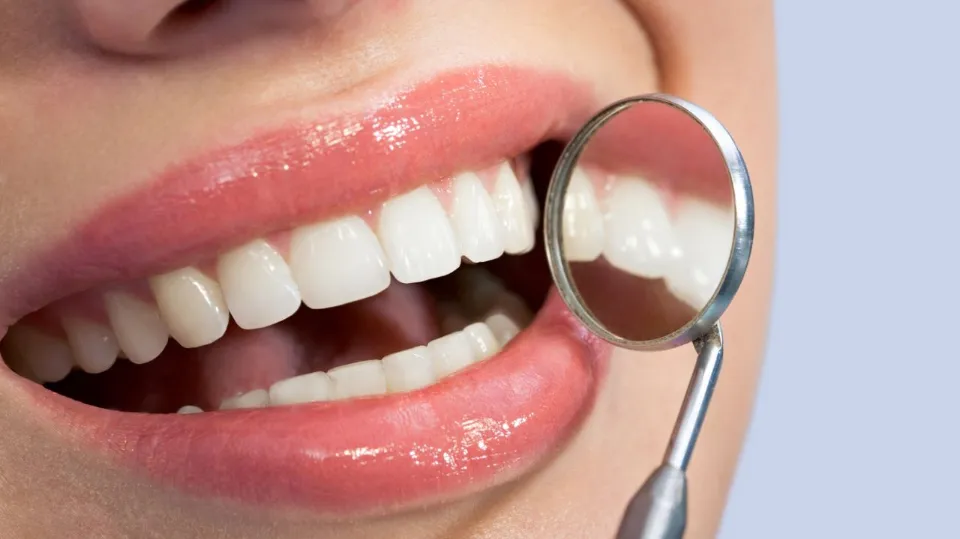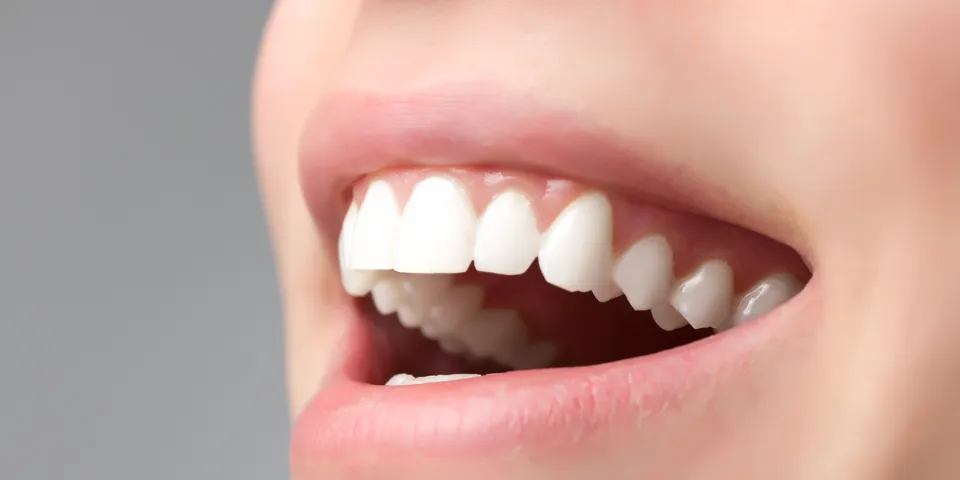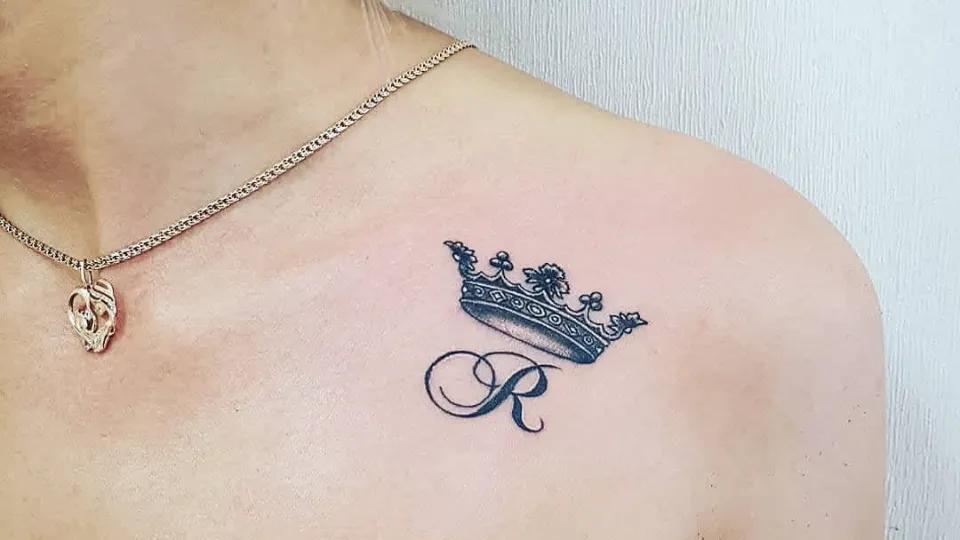Bonding is a common cosmetic dental procedure used to fix teeth that are cracked, chipped, discolored, or crooked. But can you whiten bonded teeth?
The good news is that whitening bonded teeth is absolutely possible. It is possible to whiten your teeth using whitening gels, lasers, or professional whitening services.
Keep reading if you have bonded teeth and plan for teeth whitening.
What is Dental Bonding?
Bonding is a layperson’s term for tooth-colored filling material that has an adhesive bond to the teeth. Dentists typically prefer using the terms composite or bonded resin to describe this material.
A hole was only ever filled with old filling materials. Advances in dental materials have developed composite resin (a type of “plastic”) that is capable of bonding to the hard tooth structures of enamel and dentin.
A wide range of pathologic and cosmetic dental issues can be resolved by your dentist using bonded composite resin material.
Pathologic refers to dental conditions like acid erosion and cavities that worsen over time.
More commonly, the type of dental treatment called bonding refers to those correcting cosmetic issues.
Can You Whiten Bonded Teeth?

So can bonded Teeth be whitened?
You can whiten your teeth even if they are bonded, but your method depends on the bonding material used.
At-home whitening kits would be effective with resin-based composite.
To get the desired results, though, your dentist will need professional assistance if they use a porcelain veneer or ceramic crown.
Read More: Can You Eat After Whitening Strips?
Teeth Whitening Options for Teeth With Bonding
Bonding teeth involves the application of a special resin to the teeth and then curing it with a special light.
Although this procedure won’t cost much money and won’t take much time, it won’t make teeth as white as they were prior to damage, even though it may make them look better.
Luckily, teeth whitening options are available for those who have had their teeth bonded. There are three types of teeth whitening available: professional teeth whitening, laser teeth whitening, and teeth whitening gels.
Teeth Whitening Gels
Special tooth-whitening solutions applied directly to the teeth are called teeth-whitening gels.
They typically include a hydrogen peroxide solution, which aids in dissolving stain molecules and brightening teeth.
As long as the teeth whitening gels don’t contain abrasives or other harsh ingredients that could harm the bond, they can be used on teeth with bonding. It is best to consult your dentist before using any at-home teeth whitening gel.
Laser Teeth Whitening
For teeth with bonding, there is also laser teeth whitening as an option. In this procedure, a bleaching agent is activated and stain molecules are broken down using a special laser light.
It’s one of the most effective teeth whitening methods, and results are frequently immediate.
It should be performed by a certified cosmetic dentist, though it is also one of the more expensive options.
Professional Teeth Whitening
For teeth with bonding, another whitening option is professional whitening. It entails using custom-made bleaching trays for teeth that have been specially formulated.
The teeth can become noticeably brighter with just one or two treatments using these trays, which are worn over the teeth for up to two hours at a time.
For teeth with bonding, professional teeth whitening is a secure and productive option.
Tips to Take Care of Your Whitened Bonded Teeth
After getting your teeth whitened, it’s essential to take special care of them to protect your investment. Here are five tips to keep your pearly whites shining:
- Avoid Stain-Causing Foods and Drinks: Teeth stains can be brought on by coffee, tea, red wine, and dark-colored sodas. Limit your intake of these beverages or make sure to brush right away after drinking them to keep your smile looking its best.
- Quit Smoking: One of the major contributors to tooth discoloration and staining is tobacco use. Quitting smoking is crucial if you’re serious about keeping your teeth white.
- Practice Good Oral Hygiene: Maintaining healthy teeth and gums requires twice-daily brushing and flossing. Additionally, use whitening toothpaste to assist in removing any stains that may already be on your teeth.
- See Your Dentist Regularly: In addition to maintaining good oral hygiene at home, it’s critical to visit your dentist frequently for specialized cleanings and examinations. Any tartar or plaque buildup that might result in staining will be assisted by this.
- Use a Mouthwash: Fluoride-containing mouthwash can help keep your teeth healthy and help prevent tooth decay. A mouthwash with hydrogen peroxide can help remove any stains you may already have on your teeth, giving your oral hygiene routine an extra boost.
Summary: Can You Whiten Bonded Teeth
Teeth bonding is a cosmetic dental procedure that can help improve teeth’ appearance, but it won’t make teeth as white as they were before being damaged.
Fortunately, teeth whitening options are available for those who have had their teeth bonded.
When using teeth whitening on teeth with bonding, the best results can be obtained by adhering to post-procedure instructions, staying away from DIY teeth whitening products, and speaking with a dentist about professional teeth whitening.
Also Read:
FAQs
Does Hydrogen Peroxide Whiten Composite Bonding?
The color of the composite resin material itself cannot be altered by teeth whitening treatments that use hydrogen peroxide chemicals.
How to Remove Stains from Bonded Teeth at Home?
Make use of toothpaste that has stain-removing qualities but isn’t abrasive.
Do Whitening Strips Work on Bonded Teeth?
No, they will not work on the composite bonding.




